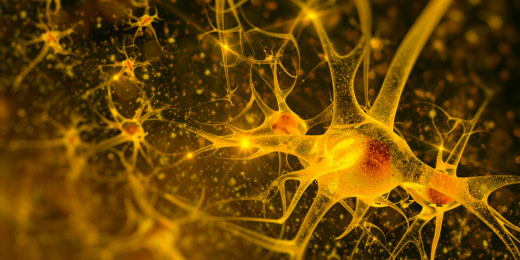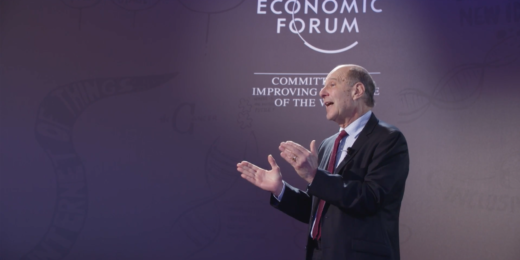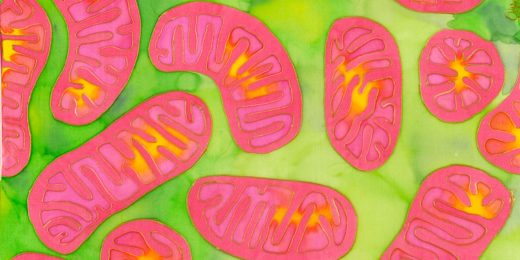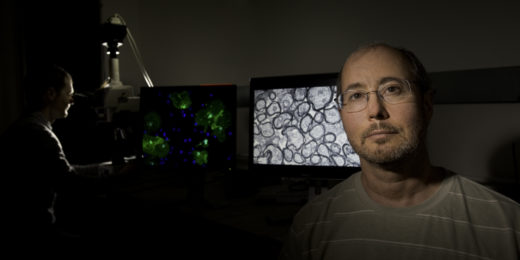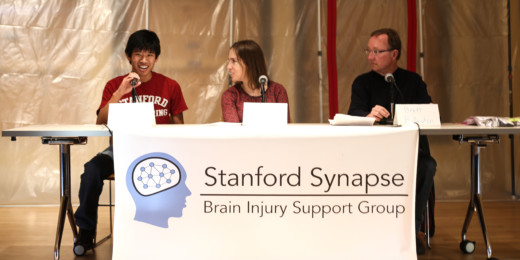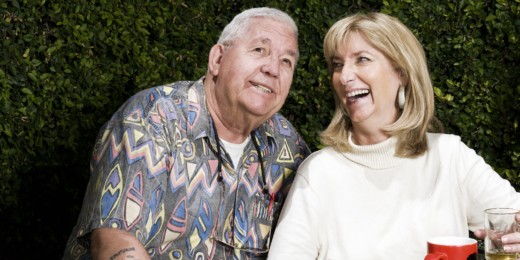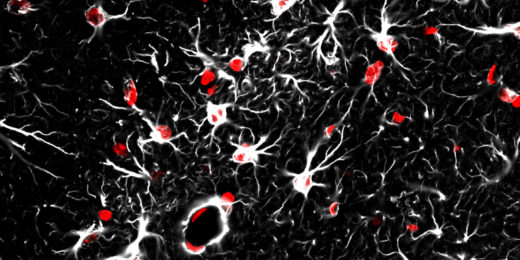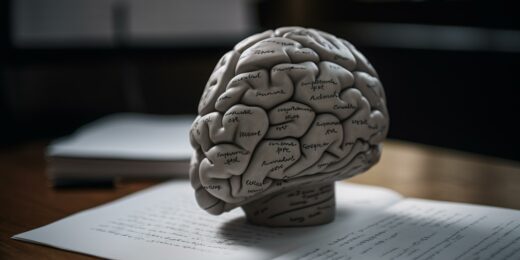Scientists have used genome editing to pinpoint genes that reveal information about ALS and may even protect against the degeneration of neurons.
Category: Neurobiology
Teaching patients in pain self hypnosis could help curb the opioid crisis, Stanford researcher says
In this video, Stanford psychologist David Spiegel discusses how hypnosis reduces pain and could help curb the opioid crisis.
Kids see words and faces differently
A new study finds that young children’s brains have not yet fully developed the vision circuits they need to understand words and faces.
Stanford Medicine magazine explores medicine’s new frontiers
Stanford Medicine magazine's winter issue explores science that pushes boundaries and also considers ethical questions raised about research.
Defects in mitochondria, cells’ internal power packs, further linked to Parkinson’s in Stanford study
New research suggests that targeting mitochondria could be a way to treat Parkinson's disease.
Neuroscience awards in honor of Ben Barres introduced by Chan Zuckerberg Initiative
A new, early career award in neuroscience was created by the Chan Zuckerberg Initiative in honor of the late Stanford neuroscientist Ben Barres.
Stanford researchers show how mental rehearsal prepares our minds for action
Mentally running through a routine improves performance. A new tool – brain-machine interface – sheds light on how.
Brainwide spread of seizures linked to specific cell type, new study shows
New Stanford Medicine research shows that a type of nerve cell called mossy cells play a key role in seizures in temporal lobe epilepsy.
Living with a brain injury: Survivors tell their stories
A brain injury can happen in an instant. Full recovery takes longer. Survivors spoke of challenges and hope at a Stanford symposium.
Neuroscience and music: A conversation with opera singer Renée Fleming
During a stop at Stanford, Renee Fleming shared her thoughts on the intersection of music and medicine.
The final chapter of the dream team
Theirs was a rare partnership, a poignant love story of recovery and renewal. The "dream team" lasted 25 years. And then it was time to say goodbye.
Star-shaped brain cells called astrocytes implicated in brain’s aging process, Stanford study shows
A new study led by the late Ben Barres suggests that rogue astrocytes may be involved in memory loss in otherwise healthy older brains.
“We know very little about the brain”: Experts outline challenges in neuroscience
The greatest challenge in the field of neuroscience, according to two experts, is that we still don't understand the basics. Around forty students, scientists, and community …
Long-distance eye-brain connections, partial vision restored for first time ever in a mammal
The retina, a thin sheet of cells no more than half as thick as a credit card, is the light-sensing part of the eye. If nerve cells were …


